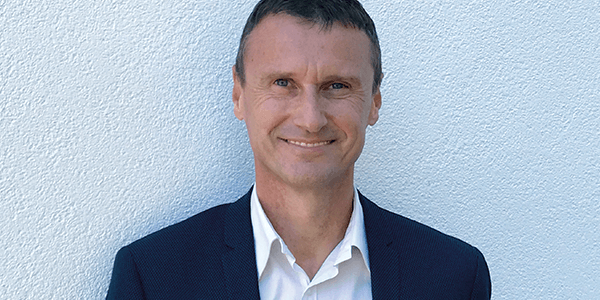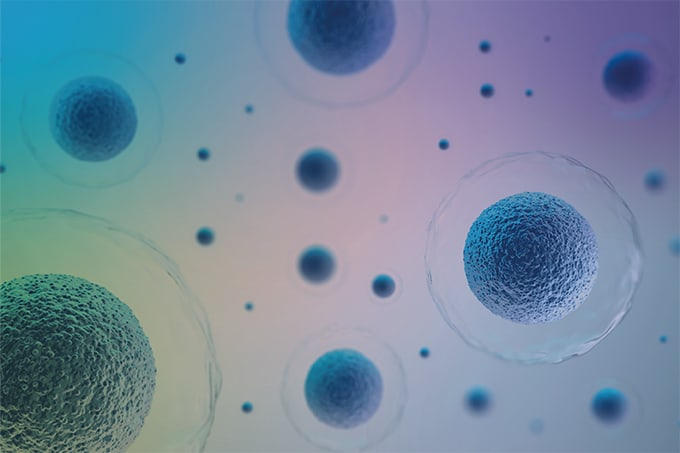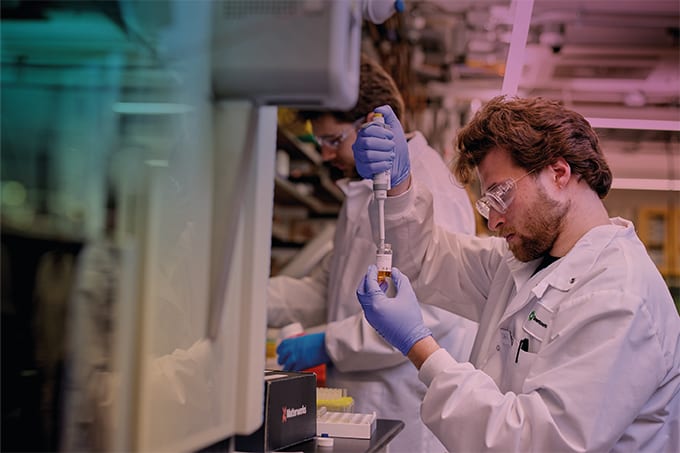
Bringing Order to Chromatography
Sitting Down With... Gert Desmet, Full Professor and Department Head, Vrije Universiteit Brussel, Belgium.

False
Sitting Down With... Gert Desmet, Full Professor and Department Head, Vrije Universiteit Brussel, Belgium.

Receive the latest analytical science news, personalities, education, and career development – weekly to your inbox.

Gert Desmet is Professor of Chemical Engineering at Vrije Universiteit Brussel, Belgium.
False
False

December 2, 2024
4 min read
Frank Steemers, co-founder and CSO of Scale Biosciences, tells us the story of ScalePlex – the 7th ranked innovation on this year’s Awards

December 3, 2024
3 min read
Syft Technologies’ William Pelet introduces the Syft Explorer – the world's first fully mobile, real-time, and direct trace gas analyzer

December 4, 2024
4 min read
Welcome to the 5th ranked Innovation, Pyxis – introduced here by Matterworks co-founder Jack Geremia

December 5, 2024
6 min read
Thermo Fisher Scientific’s high-sensitivity mass spec for translational omics research – the Stellar MS – is ranked 4th in our annual Innovation Awards
False